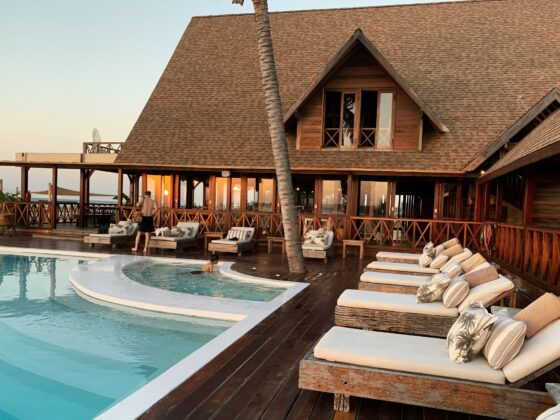Unlocking opportunity in the hospitality sector
The UK hotel sector enters 2026 with a sense of resilience and renewed confidence. Despite a backdrop of economic headwinds and rising operational costs, the market continues to demonstrate stability – supported by resilient international demand, event-led travel, and a steady recovery in domestic leisure.
With new supply remaining constrained across much of the country, conditions are favourable for well-positioned operators and investors to drive performance through innovation, adaptive business models, and strategic partnerships. Those who act decisively and collaborate effectively will be best placed to capture growth and shape the next phase of the UK hospitality market.
As we look ahead to 2026, the UK hotel sector continues to show remarkable resilience. International travel, major events, and evolving guest expectations are driving renewed momentum, while supply constraints and strong market fundamentals create space for innovation. It’s an environment that favours those who adapt quickly and think creatively about growth. Nick Frendo, Partner, Real Estate and Hospitality Transaction Services Leader, PwC UK
Taking Action: Navigating Selective Resilience
The UK hotel sector enters 2026 remaining resilient amid persistent cost pressures and evolving demand dynamics. As margins tighten and rate growth moderates, operators and investors must act decisively to sustain profitability, improve efficiency and position for selective growth.
Prioritise operational efficiency and flexibility
With operating costs rising faster than revenues, hotels should focus on productivity gains and smarter resource deployment. Investment in automation, multi-skilling and data-driven performance management can help protect margins while maintaining service quality. Flexible staffing and outsourcing non-core activities can enhance agility, while benchmarking performance against peers may identify opportunities to reduce energy, procurement and labour costs.
Embrace sustainable energy and resource management
Sustainability remains a commercial and operational priority. Targeted investment in energy-efficient technologies, smart monitoring and waste reduction can lower long-term costs while meeting ESG expectations from lenders and guests. Incorporating renewable energy solutions and robust environmental reporting not only future-proofs assets but strengthens brand reputation and investor appeal.
Reinvent the product and revenue mix
Shifting travel patterns and changing consumer behaviour demand renewed focus on product flexibility. Repositioning underutilised spaces, exploring extended-stay or hybrid accommodation models and enhancing ancillary income streams can diversify revenue and drive resilience. Aligning offerings with growing demand for value, flexibility and experience-led stays will help capture emerging market segments and sustain occupancy.
Optimise capital stack and ownership structures
Despite stabilising interest rates, financing conditions remain selective, requiring disciplined capital management. Proactive refinancing, debt restructuring and exploring joint venture or co-investment models can improve liquidity and overall financial performance. Active asset management and the repositioning of underperforming properties will be key to maximising returns and ensuring portfolio sustainability.










